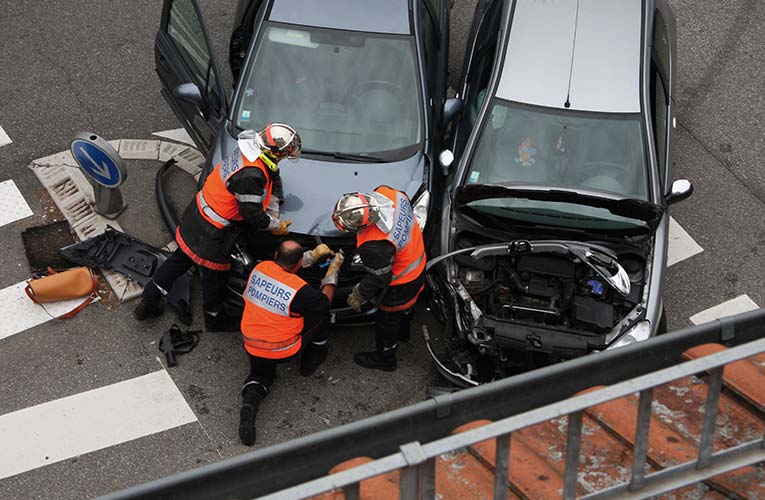Educator’s Emotional Well-being Aid Inspires Student’s Renewed Optimism.
In 2021, when Cynthia Adjei faced acute mental health struggles during her junior high school years in Accra, Ghana, the unsympathetic response from peers plunged her into a deep depression. Overwhelmed by the fear of judgment, she contemplated abandoning her education.
Recalling that challenging period, the now 18-year-old Adjei shares, “I never wanted to go back to school because I felt that everyone was staring at me and making comments as I passed by. All I could imagine was people talking about me and laughing.”
Abraham Owusu, a compassionate teacher in the Berekum Municipality, played a crucial role in turning Adjei’s life around. Despite initial resistance, Owusu provided weeks of dedicated mental health and psychosocial support. He engaged in counseling sessions with Adjei and her parents, making daily visits to their home.
“When I intervened, it was tough at the beginning. She didn’t want to open up and wouldn’t even consider going back to school,” says Owusu. “I stepped in to provide counseling for her and her parents, making daily visits to their home before I started seeing the beginnings of a breakthrough.”
In 2022, Owusu was among 394 educators and professionals who underwent mental health and psychosocial support training facilitated by the Ghana Health Service, with support from the World Health Organization (WHO) and the United Kingdom Department of Health and Social Care.
“The mental health and supportive communication skills I learned empowered me to better understand and respond to the needs of children,” explains Owusu, highlighting the impact of the training.
The initiative aimed to equip professionals with skills to identify mental health challenges and provide essential mental health and psychosocial support. Dr. Amma Boadu, Deputy Director for Mental Health at the Ghana Health Service, emphasizes the collaboration with WHO to decentralize mental health care and make services accessible to all.
Globally, an estimated 14% of 10 to 19-year-olds face mental health challenges, often going unrecognized and untreated. In 2022, Ghana, with WHO and other partners, conducted the Global School-based Student Health Survey in Sekondi-Takoradi. Funded by the Botnar Foundation, the survey revealed significant mental health challenges among adolescents, with a quarter reporting attempted suicide.
Dr. Francis Kasolo, WHO Representative to Ghana, expresses hope that empowered teachers like Mr. Owusu will contribute to reversing the disturbing trend of mental health challenges among young people. Owusu has shared his newfound knowledge with 412 teachers and 77 stakeholders, expanding the support base for children in need in the Berekum Municipality.
Today, Cynthia Adjei has successfully completed junior high school and is pursuing her dream of studying arts in one of Ghana’s best senior high schools. Reflecting on her journey, she expresses gratitude, saying, “I am so grateful that Mr. Owusu was around to help me get through that very difficult time, which could otherwise have destroyed my life.”



